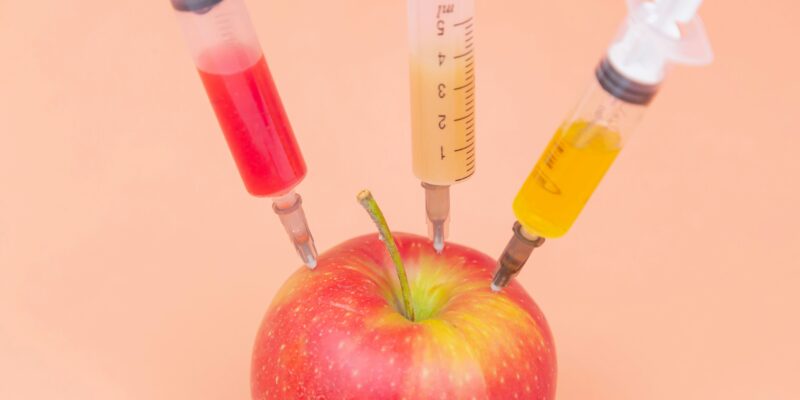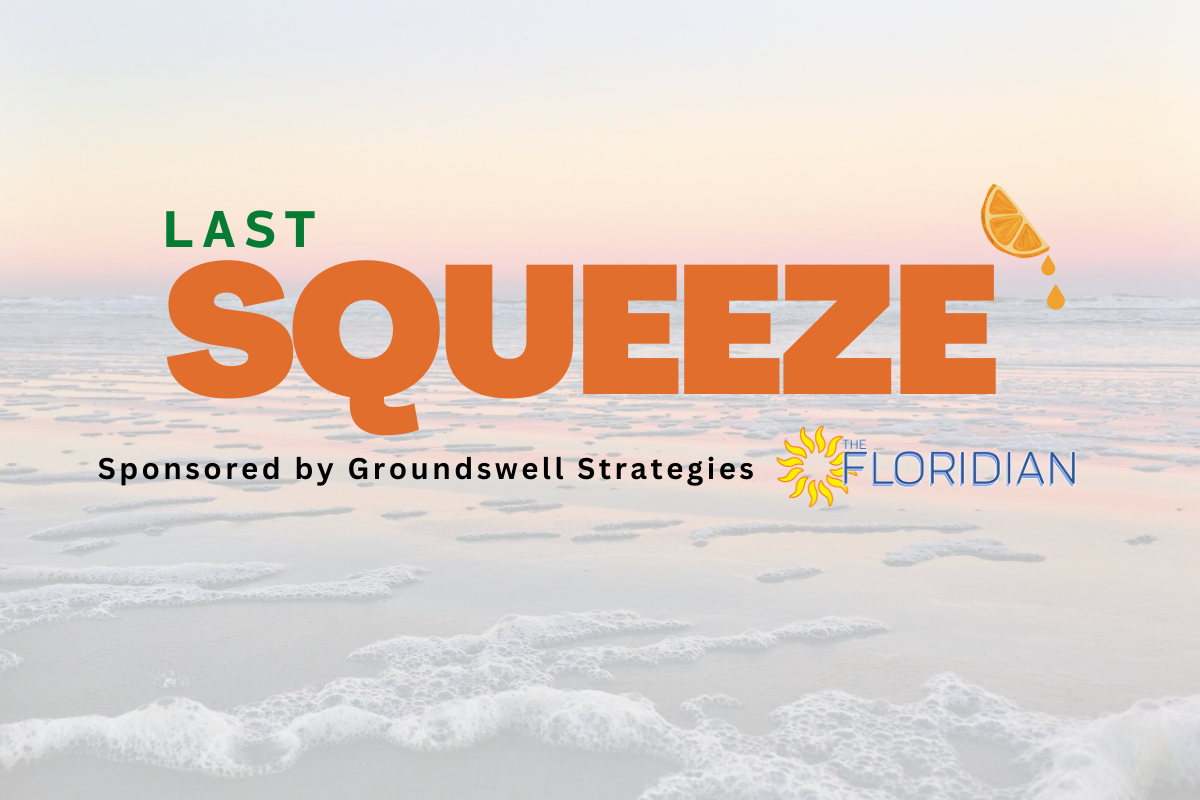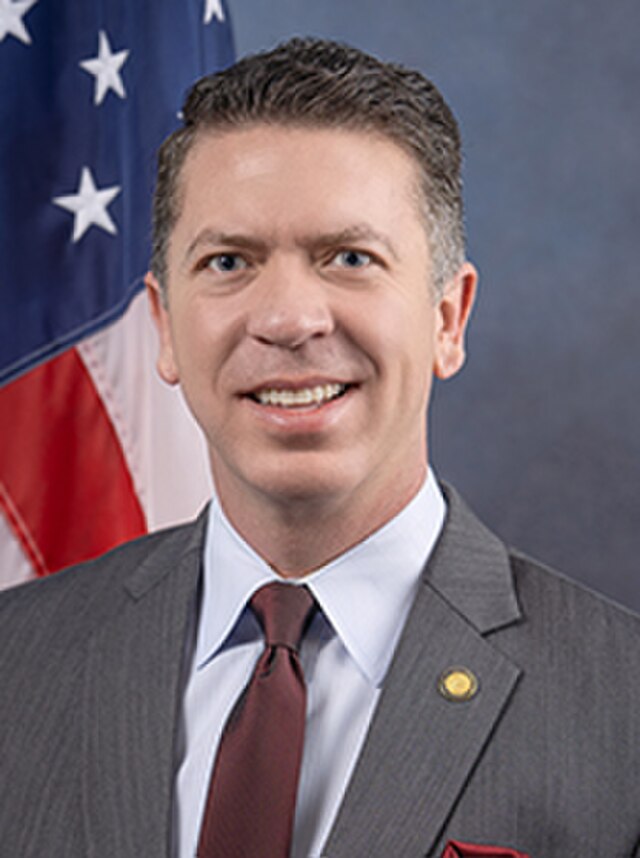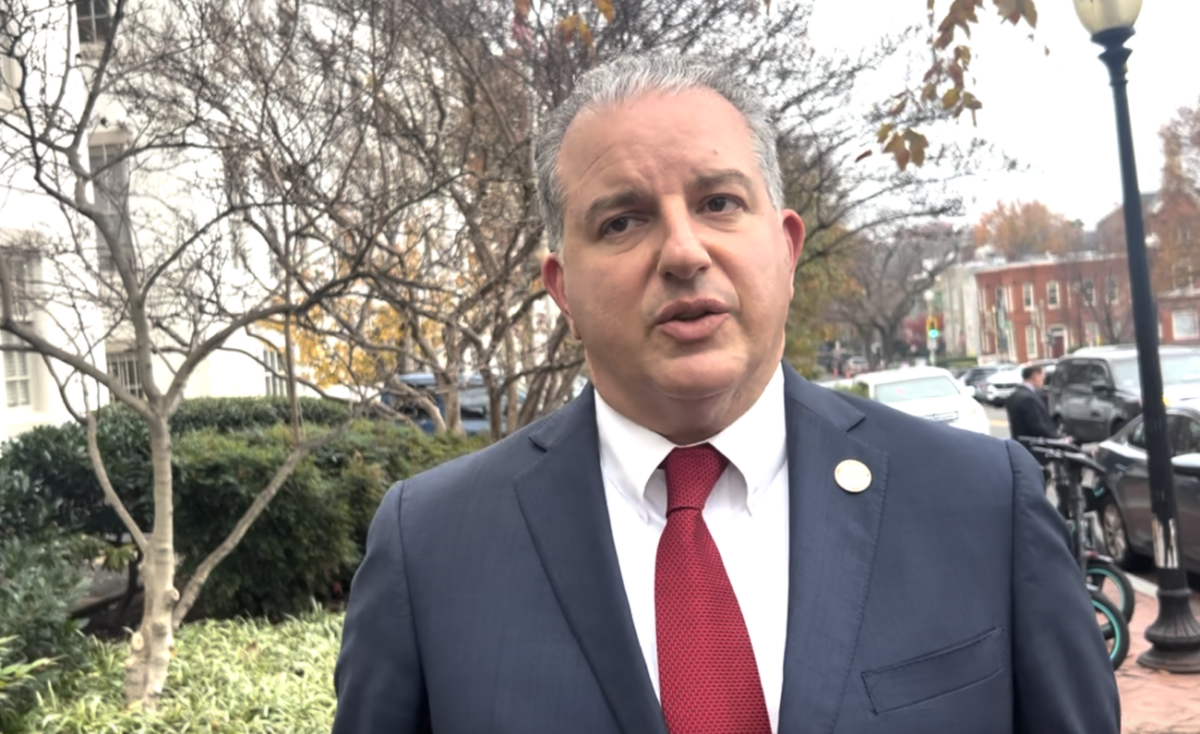Following in California's anti-chemical footsteps, a new Florida bill filed Monday would ban restaurants from selling food containing certain dyes or harmful substances.
All nine additives Republican Sen. Jonathan Martin listed as forbidden in his new bill, SB 560, are banned in some or all of the European Union. The only two fully outlawed by the United States Food and Drug Administration were struck in the past seven months.
Under the bill, which would go into effect in January 2028, food establishments that illegally manufacture, sell, or distribute food with additives Martin wants to ban must pay a $5,000 fee. A second violation would require offenders to shell out $10,000.
"This is something that many of the people who voted in the state of Florida, and around the country, supported. [Robert F. Kennedy, Jr.]—the relationship with him and the president—he’s been very clear that we’ve got to take a look at this,” Martin said in December, first discussing his plan to file the bill.
Robert F. Kennedy, Jr., a previous independent presidential candidate, ran on an anti-vaccine platform preaching medical freedom. A huge opponent of food and water additives, RFK, Jr. has promised to "Make America Healthy Again" as the next Secretary of Health and Human Services under Donald Trump.
His message resounded in both the Steak and Shake food chain, which has replaced its seed oil with beef tallow, and with Florida Surgeon General Joseph Ladapo, who encouraged Florida cities to ban fluoride in their tap water. At least eight have complied.
However, the first U.S. area to lead on food additives was not affiliated with the RFK message, but the Democrat stronghold of California. Governor Gavin Newsom in 2023 signed the California Food Safety Act outlawing a series of chemical additives and the following year banned six colored food dyes in schools. Both laws will take effect in 2027.
What chemicals would be banned and why?
Martin's bill takes a page out of California's book to ban brominated vegetable oil, potassium bromate, propylparaben, red dye 3, butylated hydroxyanisole (BHT), and butylated hydroxytoluene (BHA). It would expand California's ban on blue dye 1 and yellow dye 5 in public schools to apply to all food establishments and add benzidine as another preservative to be fully outlawed.
Here's each additive, why it's used, and what its supposed harms are:
Brominated vegetable oil: Used to stabilize fruit flavorings in sodas, the FDA revoked its approval in July following links to nervous system damage and memory loss. It's been banned in the United Kingdom since 1970 and in the European Union since 2008.
Potassium bromate: This chemical is often added to the flour of many baked goods to strengthen dough, though the FDA has not reviewed it since 1973. They've claimed that it converts to the "harmless" potassium bromide when used properly. Banned in Europe since 1990, high doses are linked to cancer and cell harm in animals.
Propylparaben: This additive is used to prevent mold and bacteria growth in food. It has been banned in Europe since 2006 for allegedly causing hormone disruption and reproductive harm in animals.
Red Dye 3: Used to create a fluorescent cherry-red color in some foods, the FDA banned the dye last month because it's a known carcinogen in animals. The European Union has banned it since 1994.
Blue Dye 1: Also used for coloring, some fear blue dye 1 can cause issues to the liver or kidneys, though no definite studies have proven that. It is banned in Germany, France, and Switzerland.
Yellow dye 5: Another coloring dye, this dye may be linked to neurotoxicity or cancer. It is banned in countries like Norway and Finland.
Benzidine: This chemical used in some dyes has not been approved for sale production in the U.S. since the 1970s, though its traces can be found in certain pharmaceutical and paint production. Linked to bladder cancer, the FDA heavily limits benzidine content in food dyes to 1 part per billion. It's been banned in all manufacturing areas in the EU since 2009.
Butylated hydroxyanisole: Used as a preservative, BHA is legal in the United States in regulated doses but banned in the EU. However, high doses have been linked to cancer in animals.
Butylated hydroxytoluene: Used as a preservative, BHT is legal in the U.S. but banned in the EU. High levels lead to concerns of cancer and endocrine disruption.











